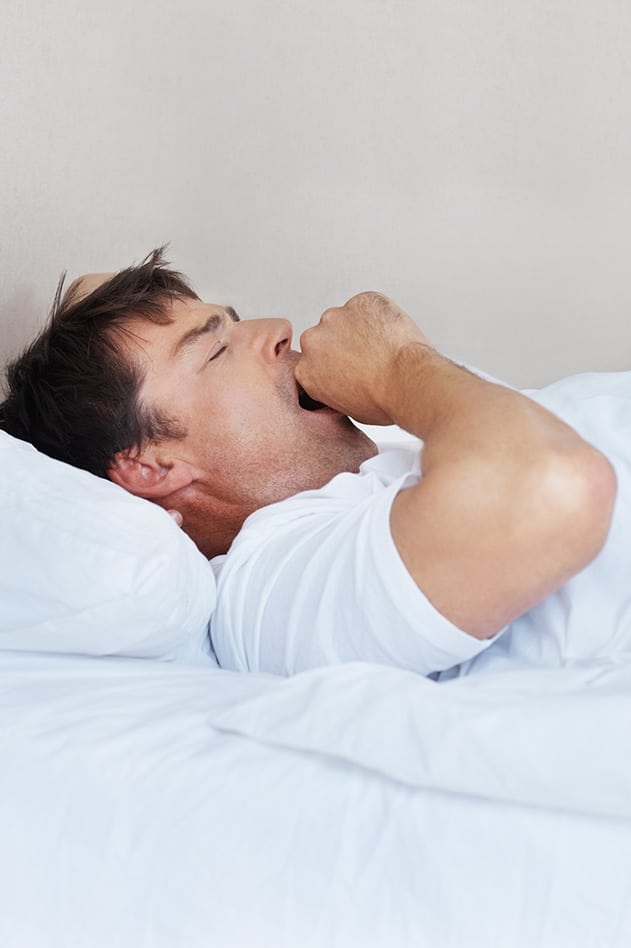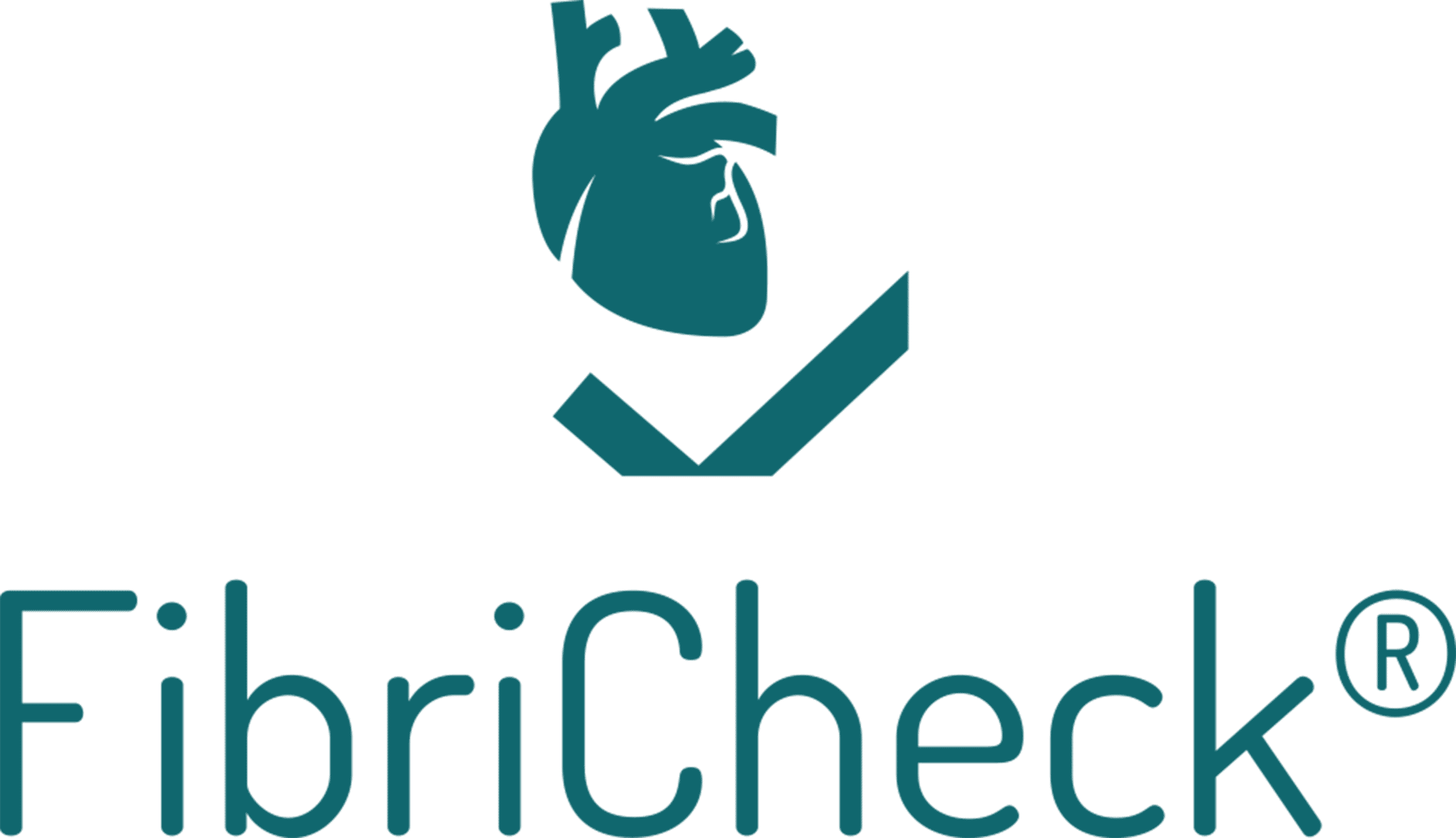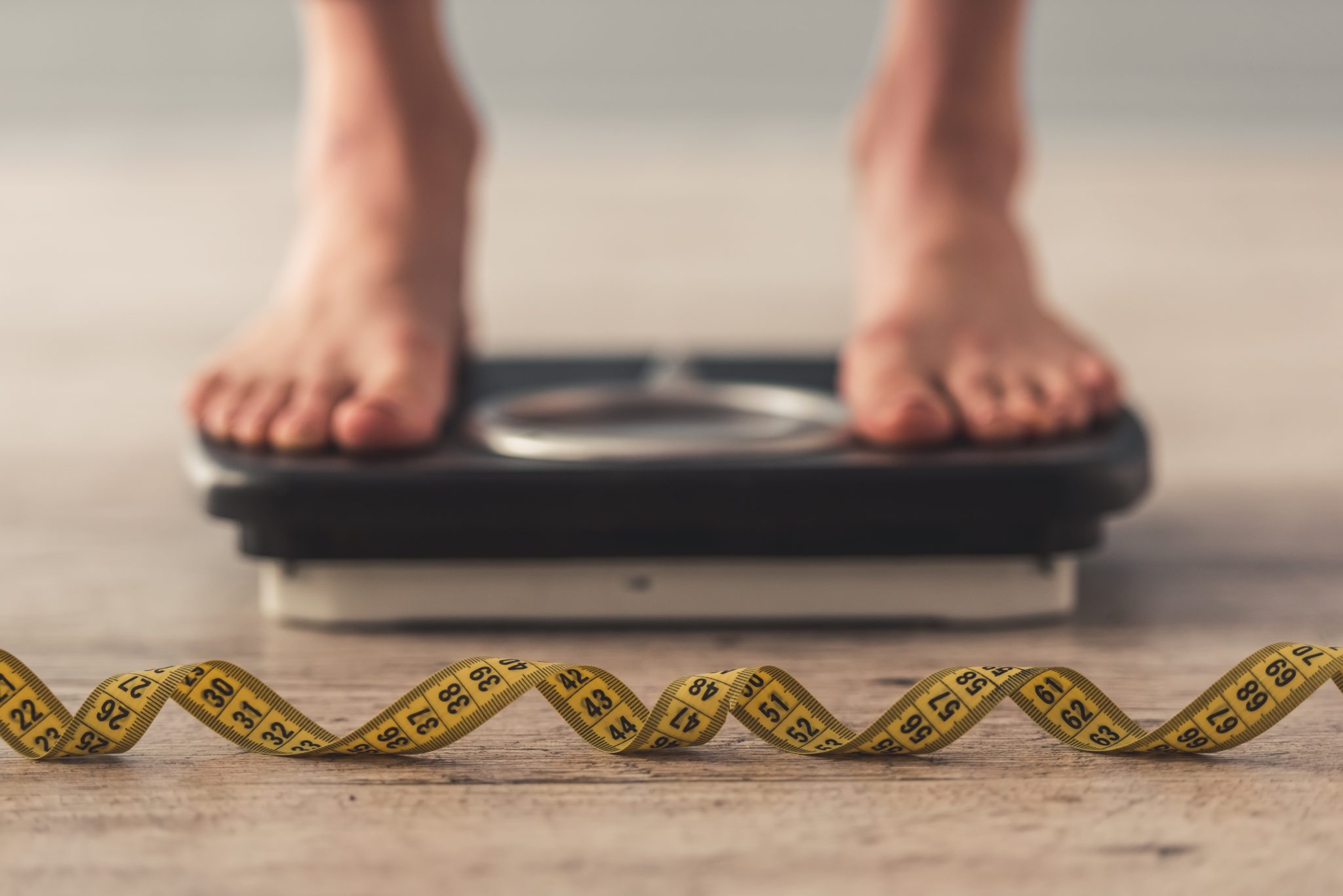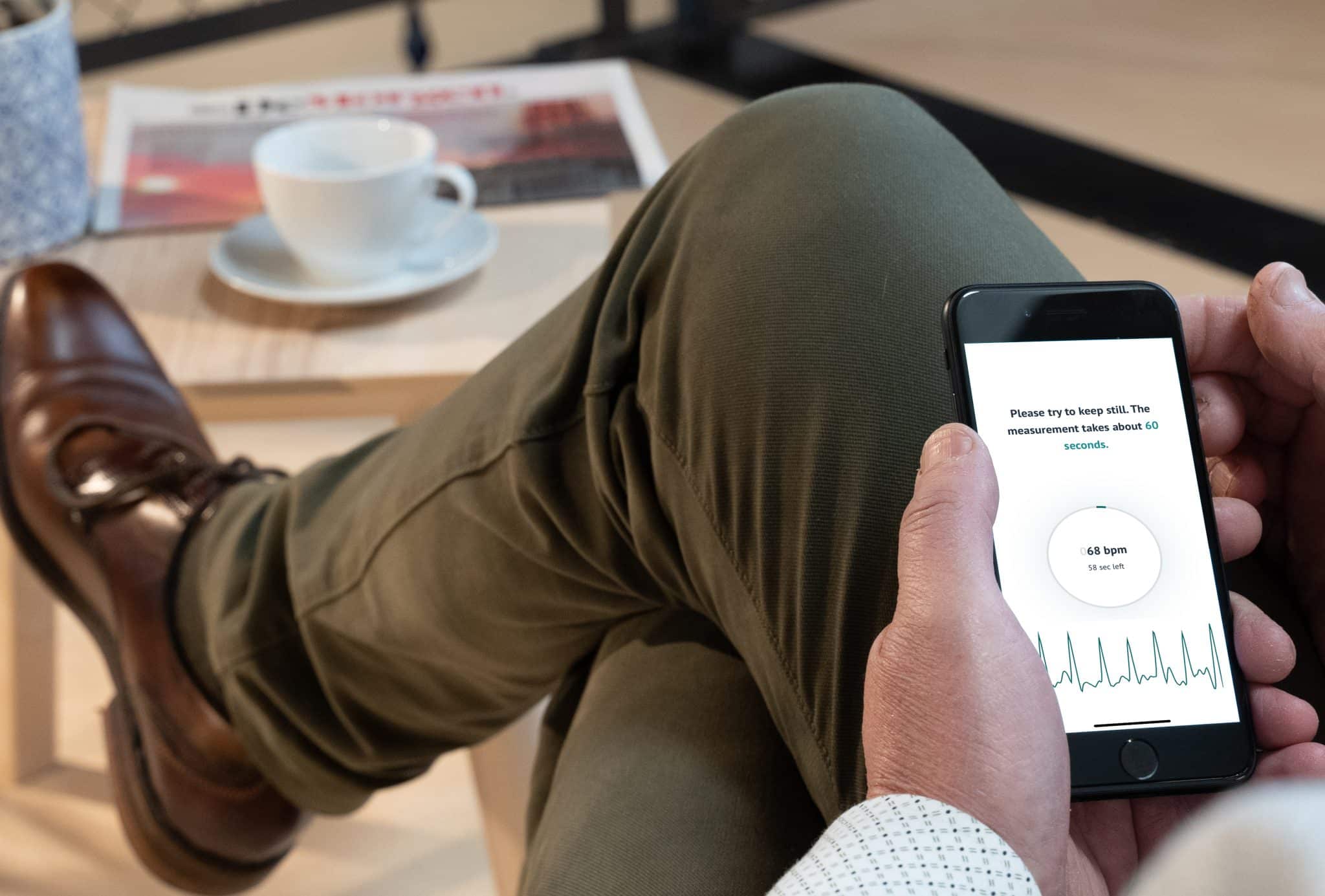It affects all of us to some degree or another. The seasonal clock change takes some getting used to. The fact of the matter is that this one-hour difference in our daily rhythm affects our body clock. According to scientific research, even more so than we suspect, sometimes with (permanent) consequences for our hearts. Still sleep like a baby during the seasonal clock change? FibriCheck gives anything but soporific advice.
Economic gain = health loss?
Suddenly it is still pitch-dark when you wake up or it feels like you are leaving from work hours later than usual. The switch to winter time (the last Sunday in October) and summer time (the last Sunday in March) feels unnatural. Which it is. The decision was taken on purely economic grounds.
Even as far back as the industrial revolution, the idea emerged of saving energy by making the most of natural daylight for longer. It was the severe oil crisis which prompted the European Union to effectively introduce the alternating winter and summer time in 1977. Today, 1.5 billion people in more than 70 countries around the world change their clocks twice a year.1
But what should be a saving on our energy bill (which has never been proven) has turned out to be a nightmare for our health.
Literally thrown off beat
Those 60 minutes forward or backward on the clock do not always turn out to be so easy to digest. It throws our biological rhythm noticeably off kilter. Hard to get off to sleep over the next few weeks? Wake up regularly at night? Having trouble for a while with what feels like a minor jet lag? With a sleep cycle that is a little upset, there are also less pleasant side effects.
Ouch! Did you walk into a door? Did you drop a glass? Or did you bump into the person in front of you on your way to work while your mind was wandering? Research shows there is nothing you can do about it. It is all down to your disrupted circadian rhythm.1
You can bet good money on considerably more road traffic accidents occurring during the week after the switch-over. At home and at work too, there are remarkably more incidents due to fatigue and loss of concentration.1 Which makes this a busy time for insurance companies.
But material damage turns out to be the least of your worries.
A disturbed circadian rhythm = a disturbed heart rhythm?
A growing body of medical data is pouring in. Your disrupted circadian rhythm not only temporarily sabotages your concentration and coordination, it can also have an impact on your blood pressure and heart rhythm.1 Without you knowing it.
Sleep problems trigger heart rhythm disorders. That is a proven fact we have known about for longer than today. But recent scientific research shows a clear link between seasonal clock changes and heart problems.1 Finnish researchers discovered that the risks of stroke and sleep apnea (in which your breathing stops for at least 10 seconds during sleep) are noticeably greater during the time after the switch.2
Summer time versus winter time

Research shows that this widely held perception is mistaken. In either case, you lose sleep.3
Because it is not just the amount of sleep that is important. The quality of your sleep also determines whether or not you feel properly rested. Where you physically lose an hour in spring, in autumn this one-hour difference relentlessly cuts into your restorative deep sleep, however comfortable it may feel. With the same result.
Or perhaps not quite. When we delve deeper into the figures relating to hospital admissions due to stroke, summer time especially seems to be the culprit. The hour of ‘time lost’ in spring causes more immediate stress and implicit health problems than the hour of ‘time gain’ in autumn.3
Scientists assume that the effects of winter are more subtle, more gradual and longer lasting. Winter is traditionally the period during which most heart rhythm disorders are recorded anyway, due to (a lack of) daylight and colder temperatures.3
The strong gender = rhythm-sensitive gender?
A gender breakdown shows even more striking figures. The economically-motivated mechanism does not appear to be gender-neutral. The seasonal clock change very clearly affects mainly the female population.3
Is it hormonal? This requires further research. At any rate, the strong gender appears to be significantly more sensitive to a disrupted biological rhythm. So take extra good care of yourself during these periods, ladies!
An eye-opening conclusion
No proven economic benefits and clearly proven health effects. Which makes for a swift conclusion. Loud voices have been calling for years to lay this six-monthly impact on our (body) clock to rest once and for all.
In the end, the European Parliament was won over too. But all member states still need to follow suit and reach a consensus as to which time we want for the future: winter or summer time.
And as long as politicians are continuing to quibble, we’d better make the switch as smoothly as possible for ourselves. Let’s get to work!
Tip 1: Gradually switch to a new rhythm
How to prepare your body for alternating winter or summer time? By gradually getting into a new rhythm. One step at a time. A few days before the switch, go to bed a quarter of an hour later/earlier than you would normally do. So on D-day -3, go to bed 15 minutes later/earlier than your usual time. On day -2, go to bed 30 minutes later/earlier and on day -1 make that 45 minutes later/earlier. Doing so sees you gradually move towards that 1-hour difference.
Extra tip: have you gone to bed earlier and are unable to get off to sleep right away? Then stimulate the production of sleep hormone with a few simple actions. Darken the room earlier: close the curtains, only switch on mood lighting and avoid screen light from your smartphone, tablet or computer. Reduce physical activities, but relax with a good book or take a hot bath. This makes it easier for your body to go into sleep mode.
Tip 2: Maintain a healthy sleeping rhythm all year round
Are you already struggling with sleep deprivation before the seasonal clock change? In that case, the negative effects have an extra harsh impact on your body, which means your health risks increase exponentially.1 So it is a good idea to try and maintain a healthy sleeping rhythm all year round. Hit the sack on time (preferably around the same time each evening) and make sure you get enough sleep.
Tip 3: Avoid a stroke, measure your heart rhythm
Does the seasonal clock change really have an impact on your heart rhythm? With FibriCheck, you’ll know. Measure your heart rhythm a few times a day (especially in the first week after the switch-over) using your smartphone or smartwatch. You will have feedback within the minute. And you get to sleep like a baby all year round. Good night and sleep tight!
References
- Harrison Y. The impact of daylight saving time on sleep and related behaviours. Sleep Med Rev. 2013 Aug;17(4):285-92.
- Sipilä JO, Ruuskanen JO, Rautava P, Kytö V. Changes in ischemic stroke occurrence following daylight saving time transitions. Sleep Med. 2016 Nov-Dec;27-28:20-24.
- Chudow JJ, Dreyfus I, Zaremski L, Mazori AY, Fisher JD, Di Biase L, Romero J, Ferrick KJ, Krumerman A. Changes in atrial fibrillation admissions following daylight saving time transitions. Sleep Med. 2020 May;69:155-158.
Created on October 19th, 2020 at 08:36 am
Last updated on January 10th, 2023 at 10:08 am



